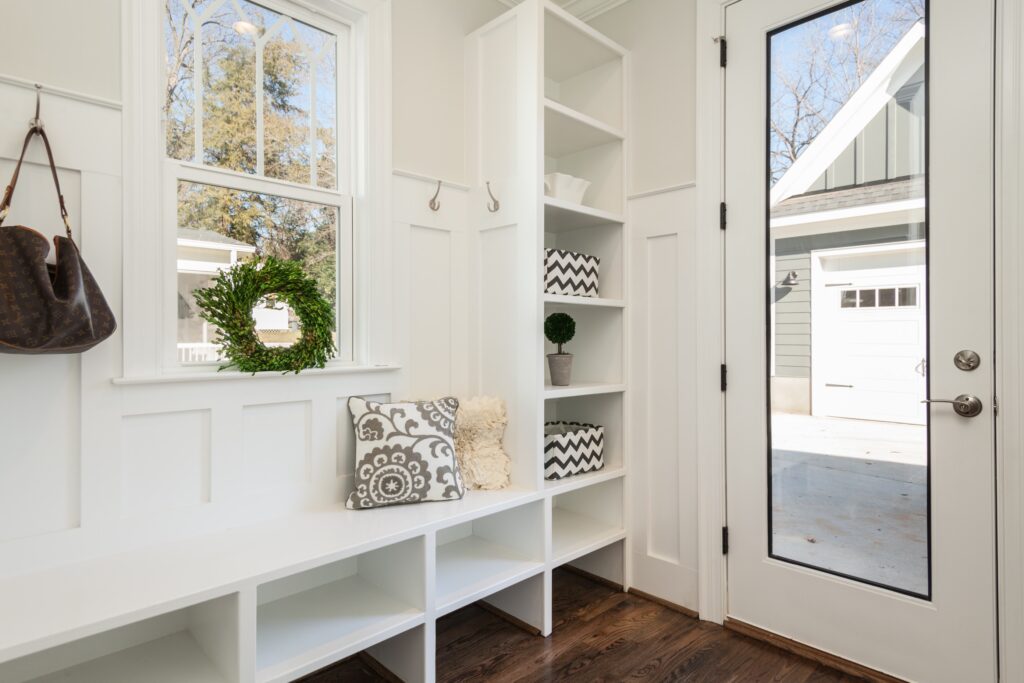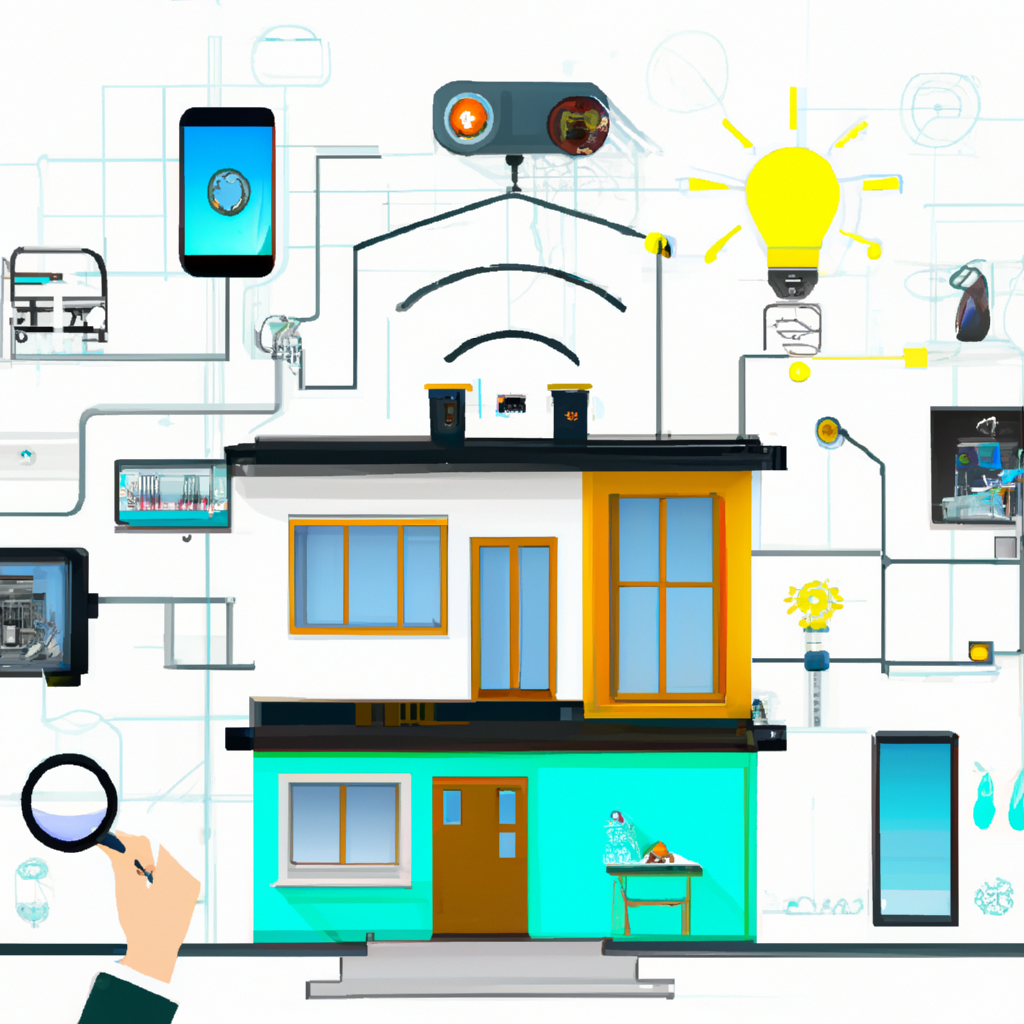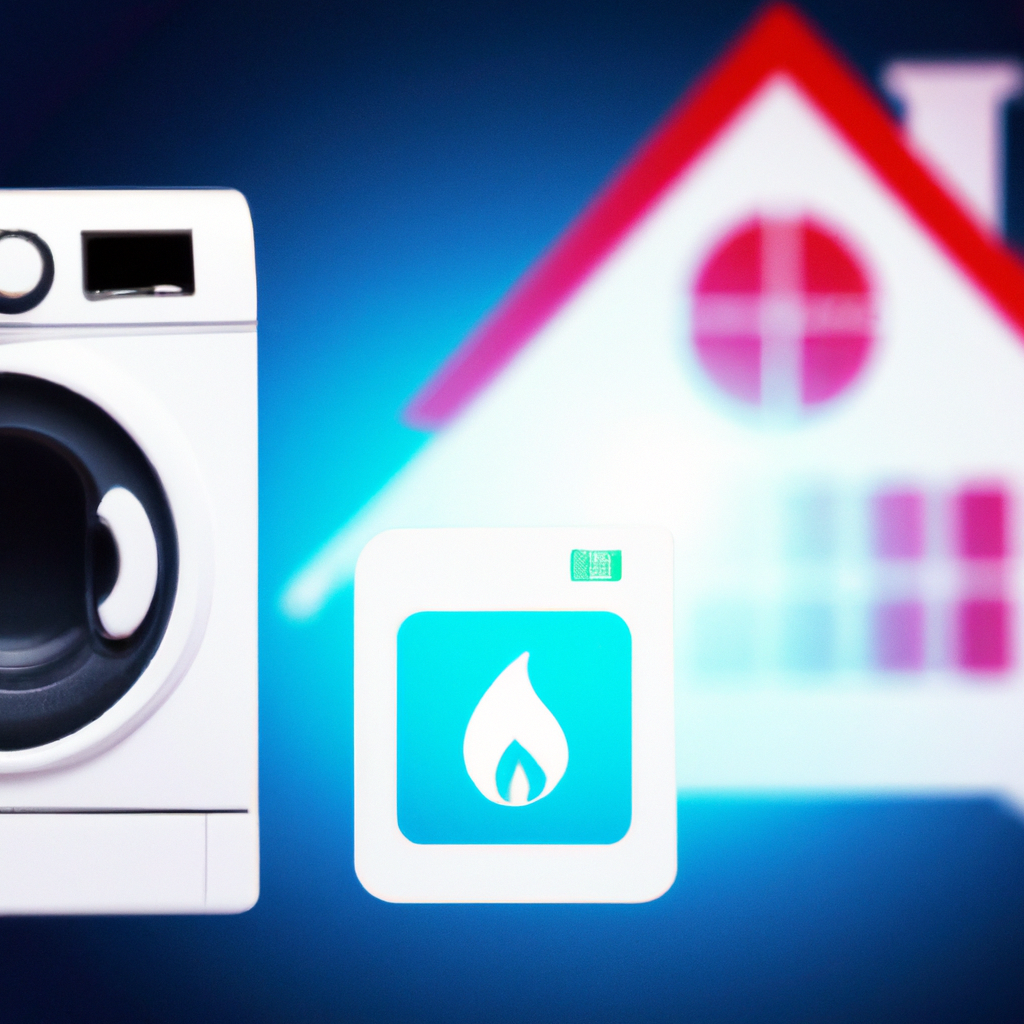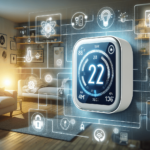Have you ever wondered what makes a smart home system so intelligent? In this article, we will explore the fundamental principles behind these innovative systems. From connectivity and automation to security and convenience, you will gain a clear understanding of how smart home technology works and how it can enhance your daily life. Get ready to embark on a journey that will unravel the secrets of a truly smart home system.
Understanding the Fundamental Principles of a Smart Home System

What is a smart home system?
A smart home system refers to a network of interconnected devices and appliances that can be controlled and monitored remotely. These devices are embedded with advanced technologies, such as sensors and internet connectivity, enabling them to interact with each other and respond to predefined commands or environmental stimuli. With a smart home system, you can automate various aspects of your home, including lighting, security, heating, cooling, entertainment, and more.
How does a smart home system work?
A smart home system relies on a combination of hardware and software components to function effectively. The devices in the system are equipped with sensors and actuators, allowing them to collect data from the environment and perform certain actions based on that data. These devices communicate with a central hub or a home automation controller through wired or wireless protocols, such as Wi-Fi, Bluetooth, or Zigbee. The hub acts as the brain of the system, receiving commands from the user or other devices and transmitting them to the respective devices for execution. The system can be controlled through a dedicated mobile app, voice commands, or even through artificial intelligence assistants like Amazon Alexa or Google Assistant.
Benefits of a smart home system
A smart home system offers numerous benefits that can greatly enhance your experience as a homeowner. Firstly, it provides a high level of convenience by allowing you to control and automate various functions in your home remotely. You can turn off lights, adjust thermostats, or even lock your doors from anywhere using your smartphone or a voice command. This convenience not only saves time but also enables you to save energy and reduce utility bills by managing the usage of appliances more efficiently.
Interconnectivity and automation
One of the key principles of a smart home system is interconnectivity. With a smart home, devices and appliances are connected to a central hub, enabling them to communicate and work together seamlessly. For example, you can set up a rule that turns off all the lights when you leave the house or have your blinds automatically close at sunset. This interconnectivity between devices allows for automation, making your home more efficient, comfortable, and responsive to your needs.

Centralized control and management
Another principle of a smart home system is centralized control and management. With a single hub or controller, you can have centralized access to all the devices and functions in your home. This means you don’t need to navigate through multiple apps or control panels to manage different aspects of your home. Whether it’s adjusting the temperature, checking security cameras, or controlling entertainment systems, you can do it all from one place, simplifying your home management tasks.
Device integration and compatibility
A smart home system is built on the idea of device integration and compatibility. This means that devices from different manufacturers can work together seamlessly, as long as they adhere to common protocols and standards. For example, you can have smart lightbulbs from one brand, a smart thermostat from another, and a smart security system from yet another brand, all working together under the same smart home system. This interoperability ensures that you have a wide range of options when it comes to choosing devices and avoids being locked into a single brand or ecosystem.

Data collection and analysis
One of the underlying principles of a smart home system is data collection and analysis. The sensors embedded in smart devices continuously collect data on various parameters, such as temperature, humidity, occupancy, and energy usage. This data can be analyzed to provide insights into your home’s energy consumption habits, daily routines, and even potential security threats. By understanding and analyzing this data, you can make informed decisions to optimize your home’s energy efficiency, improve comfort levels, and enhance security measures.
Remote access and monitoring
The ability to remotely access and monitor your home is a fundamental principle of a smart home system. Whether you are at work, on vacation, or simply in another room, you can use your smartphone or another device to monitor and control various aspects of your home. You can check security camera feeds, receive notifications about potential security breaches, adjust the temperature, or even feed your pets remotely. This level of remote access gives you peace of mind and allows you to stay connected to your home at all times.

Security and privacy considerations
While the benefits of a smart home system are significant, it is important to consider security and privacy aspects. With devices connected to the internet, there is always a risk of unauthorized access or hacking. It is crucial to ensure that your smart home system is properly secured with strong passwords, encrypted communication protocols, and regular firmware updates. Additionally, you should carefully review privacy policies and data collection practices of the devices and services you use, to ensure that your personal information is protected.
Potential challenges and limitations
Despite the numerous advantages, a smart home system does have some challenges and limitations to consider. Firstly, the initial setup and installation of the system can be complex and time-consuming, especially if you have a large number of devices to include. Additionally, compatibility issues may arise if certain devices are not designed to work with the chosen smart home system. Furthermore, reliance on technology means that there may be occasional glitches or outages that disrupt the functioning of the system. Lastly, cost is a consideration, as investing in a smart home system can be expensive, especially if you opt for high-end devices and automation features.
In conclusion, understanding the fundamental principles of a smart home system can help you make informed decisions when setting up your own smart home. By harnessing the power of interconnectivity, automation, and centralized control, you can enjoy the benefits of enhanced convenience, energy efficiency, and security. However, it is essential to carefully consider security measures, privacy concerns, and potential challenges to ensure a smooth and successful transition to a smart home lifestyle.











